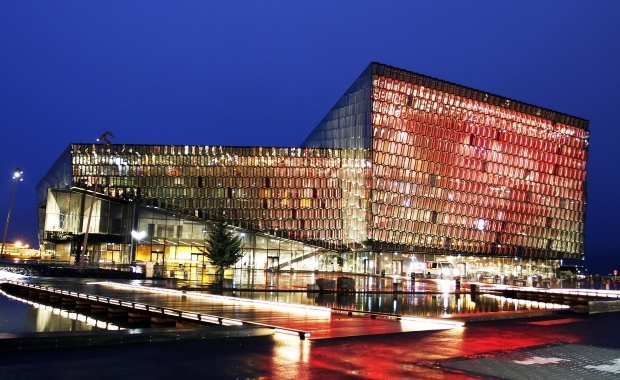According to Mark McCaughrean, Senior Science Advisor at the European Space Agency, Iceland could make a significant contribution to space exploration, for example when it comes to geology as well as climate- and environmental studies. Twenty two countries are members of the European Space Agency, ESA. Iceland is currently not a member.
McCaughrean told the local newspaper Morgunblaðið that many small European countries contribute to the work of the ESA and missions like that of the Rosetta spacecraft by providing expertise in specialized fields. Even if Iceland hasn‘t the industrial infrastructure to manufacture components for such missions it could provide scientific expertise. “Iceland would have to identify a speciality. Most likely geology and climate and environmental studies, where Icelandic scientists have a strong standing.”
McCaughrean points out that Iceland‘s contribution would always be very small, as the members of ESA contribute to the organization in accordance to the size of their economies. However, Iceland could claim credit for participating in the exploration of space. He added that such participation could be an important inspiration for the scientific community in Iceland.
McCaughrean will deliver a lecture on the Rosetta Mission to the comet Churyumov-Gerasimenko at the fall conference of the Icelandic IT company Advania in Harpan, the Reykjavík Concert and Convention Centre, on September 4.
According to Mark McCaughrean, Senior Science Advisor at the European Space Agency, Iceland could make a significant contribution to space exploration, for example when it comes to geology as well as climate- and environmental studies. Twenty two countries are members of the European Space Agency, ESA. Iceland is currently not a member.
McCaughrean told the local newspaper Morgunblaðið that many small European countries contribute to the work of the ESA and missions like that of the Rosetta spacecraft by providing expertise in specialized fields. Even if Iceland hasn‘t the industrial infrastructure to manufacture components for such missions it could provide scientific expertise. “Iceland would have to identify a speciality. Most likely geology and climate and environmental studies, where Icelandic scientists have a strong standing.”
McCaughrean points out that Iceland‘s contribution would always be very small, as the members of ESA contribute to the organization in accordance to the size of their economies. However, Iceland could claim credit for participating in the exploration of space. He added that such participation could be an important inspiration for the scientific community in Iceland.
McCaughrean will deliver a lecture on the Rosetta Mission to the comet Churyumov-Gerasimenko at the fall conference of the Icelandic IT company Advania in Harpan, the Reykjavík Concert and Convention Centre, on September 4.







